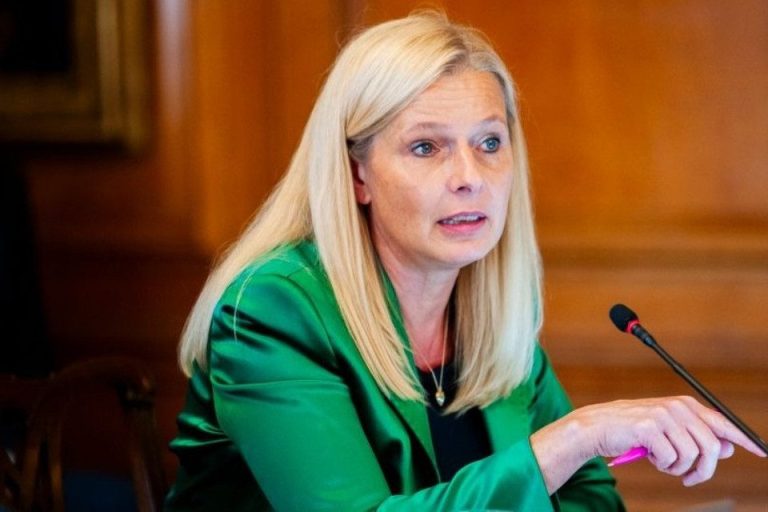The United Nations Educational, Scientific, and Cultural Organisation (UNESCO) and the International Association of Prosecutors (IAP) on August 18, 2025, launched a new set of Guidelines for Prosecutors on Digital Evidence Collection in an effort to ensure compliance with international standards on freedom of expression and privacy.
The launch of these Guides took place during a webinar co-organised by UNESCO and the IAP, which brought together over 300 prosecutors, legal professionals, media representatives, and human rights actors from all over the world.
These Guidelines, available in English, French, and Spanish, provide practical tools for prosecutors to navigate digital evidence while protecting privacy and freedom of expression, two rights that are increasingly challenged in the digital era.
The groups noted that digital technologies have transformed how information is produced, shared, and stored, offering unprecedented opportunities for learning, access to information and freedom of expression; and that, at the same time, they present complex challenges for justice systems as every byte can become evidence. As a result, they say prosecutors now face the difficult task of enforcing the law while safeguarding fundamental human rights.
Mehdi Benchelah, the Senior Project Officer at the Freedom of Expression and Safety of Journalists section in UNESCO, said, “Digital evidence has transformed criminal justice, offering powerful tools to uncover and prosecute crime. Yet, it also raises profound challenges. Prosecutors stand at the crossroads, tasked with handling electronic evidence effectively, while upholding freedom of expression, privacy, and the right to a fair trial.”
A follow-up webinar to showcase practical applications of the Guidelines, providing prosecutors with real-world case studies, will be held in early October.
This initiative builds on the UNESCO-IAP partnership launched in 2020, which has strengthened prosecutors’ capacities to safeguard freedom of expression and the safety of journalists. It is part of UNESCO’s flagship Judges’ Initiative, which has engaged over 36,000 judicial actors across 160 countries since 2013.
The Multi-Donor Programme on Freedom of Expression and Safety of Journalists provided support for this initiative.





